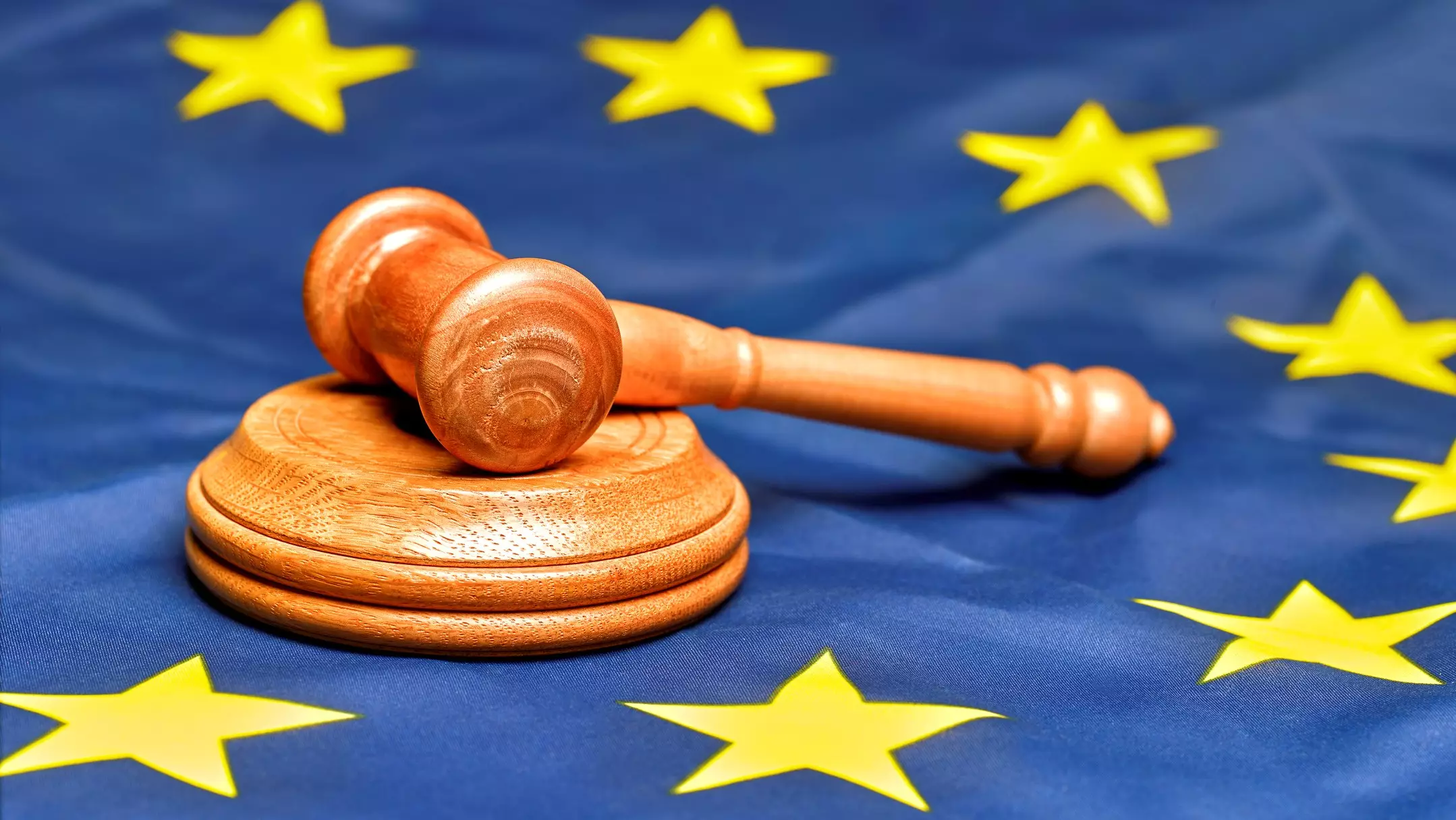In a significant move against two of the largest players in the technology landscape, the European Commission has imposed hefty fines on Apple and Meta for violating the Digital Markets Act (DMA). The combined fines of €700 million reveal an ongoing struggle for regulatory bodies to rein in the practices of these corporate behemoths. While the financial penalties may appear staggering at first glance—€500 million levied against Apple for breaching anti-steering rules and €200 million against Meta for its misleading consumer options—one must question their weight and effectiveness when juxtaposed with the vast revenues and profit margins these companies enjoy.
Apple’s infringement revolves around its App Store policies. The DMA strictly prohibits anti-steering clauses that prevent app developers from directing consumers toward alternative purchasing options outside of Apple’s ecosystem. The Commission’s findings underscore a critical flaw: Apple’s practices inhibit developers from maximizing the benefits of alternative distribution channels. By controlling what information developers can communicate regarding their services, Apple not only constrains competition but also cements its grip on the market, effectively leading consumers towards higher prices and diminished choices.
Meta’s Troubling Choice: Consent or Pay?
Turning our focus to Meta, the Commission identified non-compliance with fundamental user rights pertaining to consent. The company’s notorious “consent or pay” model, where users are coerced into trading personal data for customized advertising or face a subscription fee for an ad-free experience, raises significant ethical concerns. The Commission rightfully challenged this model, arguing it does not provide users with a genuine choice to select a service that respects their privacy while maintaining equivalent functionality.
This blatant disregard for user autonomy showcases a broader issue within the tech industry: the commodification of personal data. By leveraging psychological tactics that frame data-sharing as a necessity rather than a choice, Meta and others in the industry perpetuate a system that favors maximum exploitation over ethical transparency. The ramifications of this model extend beyond mere compliance; they reflect a troubling trend in which consumer privacy is secondary to corporate profit generation.
The Financial Implications: Are They Enough?
Despite the considerable fines, one cannot ignore the absurdity of the amounts in the context of the companies’ financial heft. Meta stands as a prime example, reporting staggering operational losses in its Reality Labs division while simultaneously raking in revenues that spiral into the hundreds of billions annually. Such a fiscal landscape casts doubt on the effectiveness of regulatory sanctions. When you’re dealing with numbers that can dwarf entire countries’ GDPs, a €200 million penalty amounts to little more than a slap on the wrist. Apple, too, mirrors this financial reality. Lauded for its soaring revenue of €124.3 billion in the last quarter, the financial penalties seem almost irrelevant.
It begs the question: Are these fines simply an expected cost of doing business? With the ever-expanding coffers of these corporations, they might even view regulatory penalties as small operational expenses. The law’s teeth seem dull when faced with the sheer magnitude of corporate wealth.
Regulatory Authority: A Call for Action
What does this mean for the future of digital regulation? The imposition of fines should ideally spur genuine behavioral change, compelling companies to rethink their strategies and adopt practices that prioritize consumer welfare. Yet, when fines are not consequential to a company’s bottom line, the impetus for substantial change diminishes.
To truly enforce compliance with the DMA and similar regulations, the authorities must evolve their approach. Reassessing penalty structures and introducing measures that directly impact executive compensation could foster a more responsible corporate culture. It’s crucial that regulators find innovative ways to instill accountability rather than allowing giants like Apple and Meta to continue operating under the constraints of self-imposed ethics.
Whether it’s through increased fines proportional to revenue or more rigorous enforcement of privacy regulations, the time has come for regulators to assert their authority more forcefully. Only then can we hope to see a digital landscape characterized not solely by corporate interests, but by ethical conduct that respects the rights and choices of consumers. The challenge lies in embodying a vision that counters corporate indifference, ultimately crafting a more equitable digital future for all users.


Leave a Reply